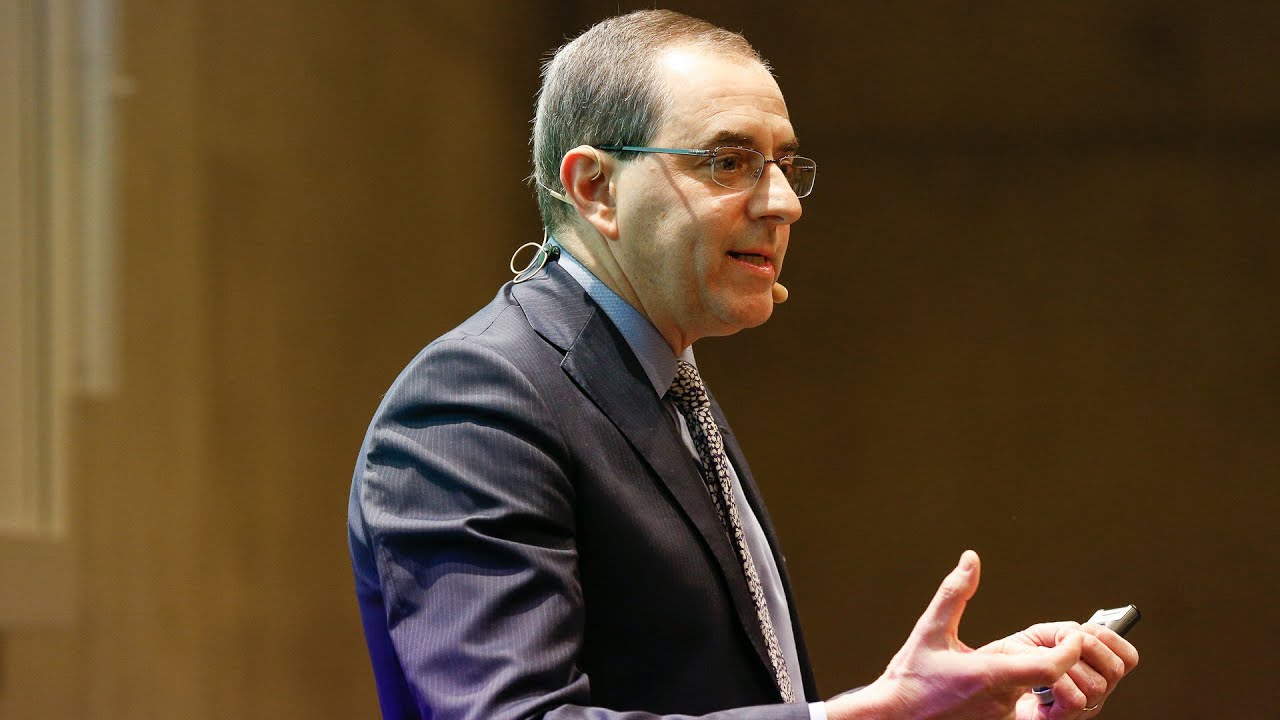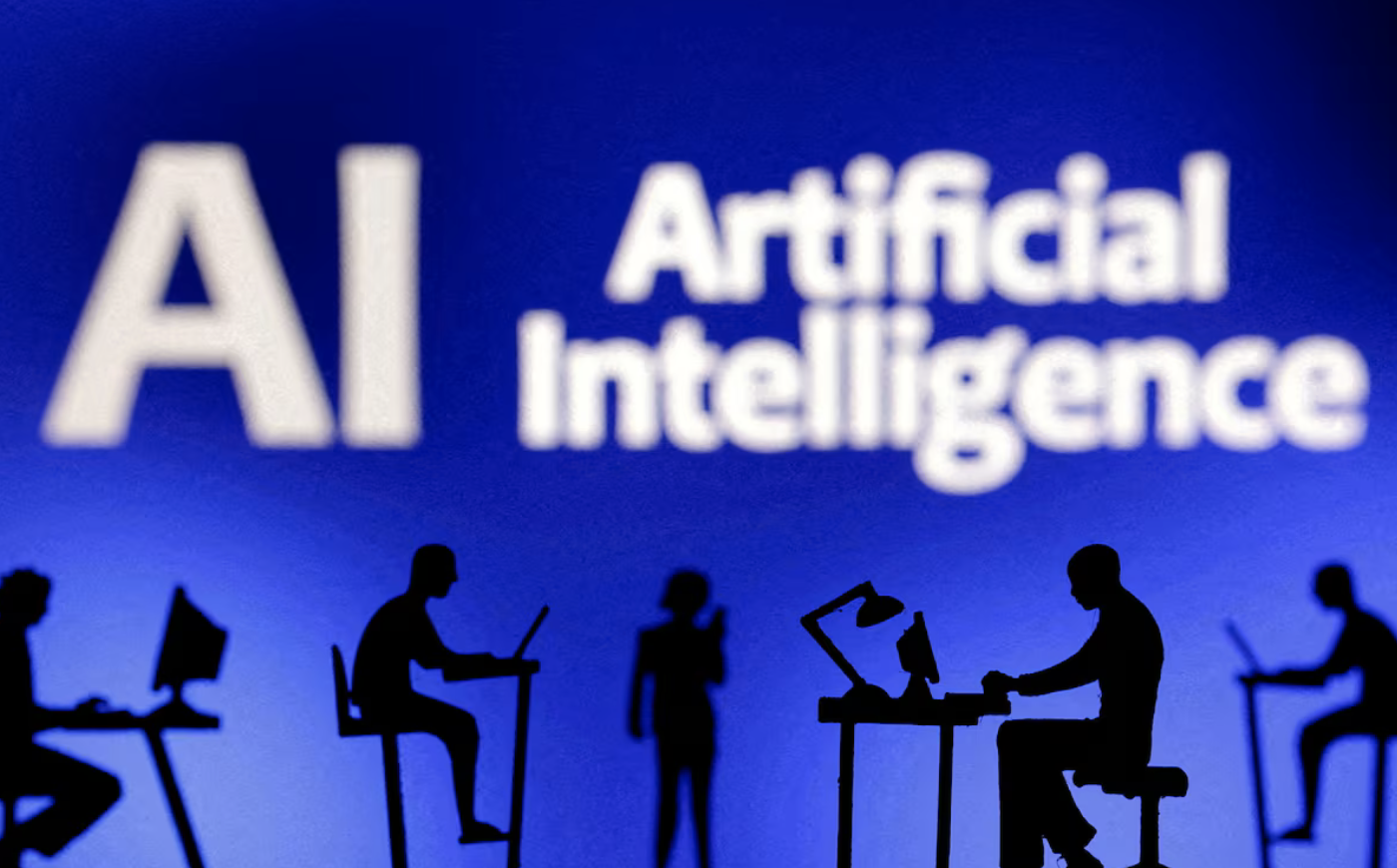The debate about whether artificial intelligence (AI) will replace humans is gaining considerable attention.
According to Stephen Jen, CEO of asset management firm Eurizon SLJ (UK), recent studies suggest we may have reached a turning point.
Historically, technological advancements have freed people from old jobs to move into new roles. Statistics show that 60% of today's workers hold jobs that didn't exist in 1940.
 |
David Autor, economist at the Massachusetts Institute of Technology (MIT). Photo: Economic |
David Autor, economist at the Massachusetts Institute of Technology (MIT). Photo: Economic
However, this trend seems to have reversed.
David Autor, an economist at the Massachusetts Institute of Technology (MIT), argues that since 1980, new jobs haven't compensated for those lost to automation. He observes that machines stronger than humans (like tractors) often increase productivity, while machines smarter than humans tend to replace workers.
And AI is on track to become smarter than most people.
The immense computing power of today's semiconductor technology allows machines to achieve multi-dimensional intelligence. Reports from the Organisation for Economic Co-operation and Development (OECD) and PwC – one of the world's four largest professional services firms – estimate that 15-30% of jobs in developed countries are at risk of being replaced in the coming decades.
If this scenario unfolds, the impact will be significant. High unemployment due to increasingly cheap and efficient machines could lead to deflation. Governments might have to intervene, redistributing income from technology-owning businesses to displaced workers. Global competition in technology would also become a decisive factor in the world economy.
 |
Many debates argue that "Can AI replace humans in labor?" are taking place globally. Illustrative photo: REUTERS/Dado Ruvic |
Many debates argue that "Can AI replace humans in labor?" are taking place globally. Illustrative photo: REUTERS/Dado Ruvic
CEO Stephen Jen believes these scenarios are speculative, arguing that the idea of AI creating new jobs is also unfounded. "We need to be cautious about forecasts based on questionable assumptions," he said.
Some argue that automation could offset the decline in the workforce due to aging populations, as seen in Japan and South Korea.
However, population aging is gradual, while technology advances exponentially. With current breakthroughs, many are betting on technology over human labor.
Minh Phuong (Reuters)












